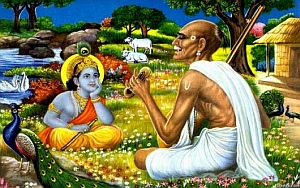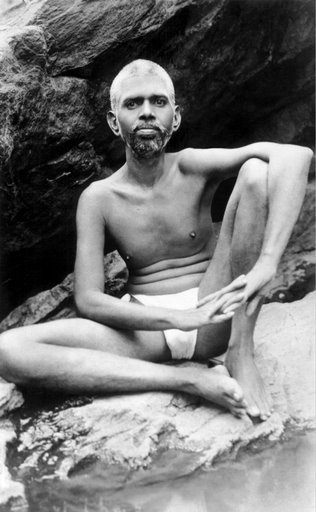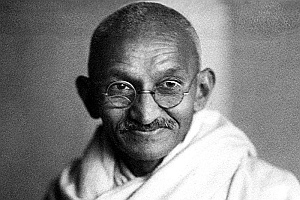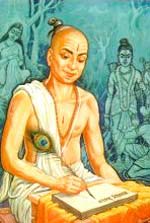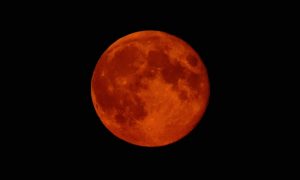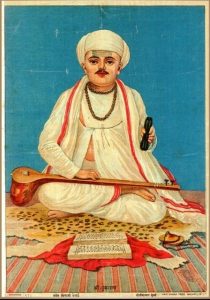 Tukaram (1608–50) was a prominent Varkari saint and spiritual poet of the Bhakti movement in India. Tukaram was a farmer and grocer who lost interest in the material world after losing his first wife and child in a famine. He neglected his worldly duties to his second wife Jijai (Awali) and their two children. He was initiated by his Guru Babaji Caitanya in a dream.
Tukaram (1608–50) was a prominent Varkari saint and spiritual poet of the Bhakti movement in India. Tukaram was a farmer and grocer who lost interest in the material world after losing his first wife and child in a famine. He neglected his worldly duties to his second wife Jijai (Awali) and their two children. He was initiated by his Guru Babaji Caitanya in a dream.
![]()

